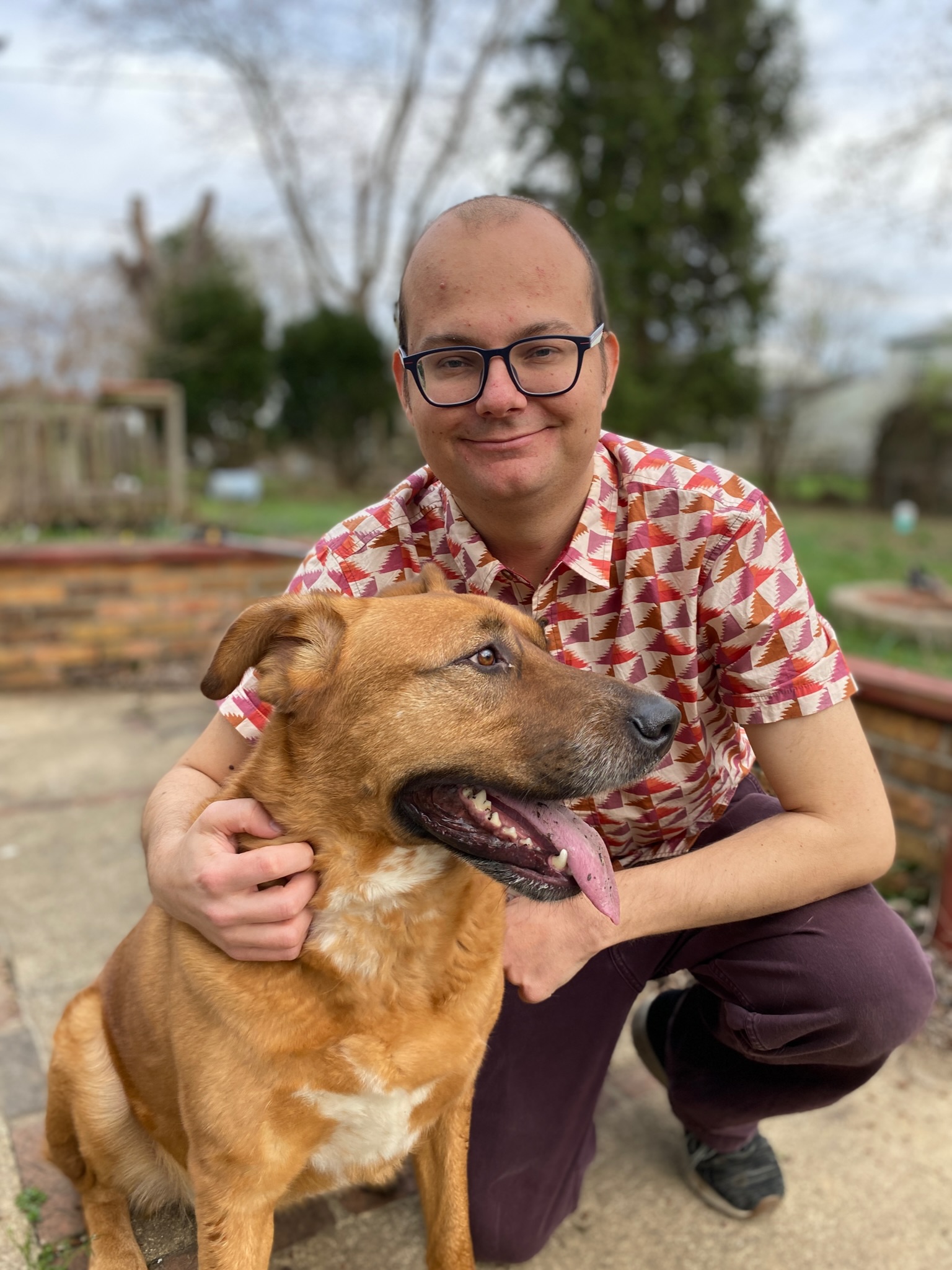There are currently 103,000 people in the US awaiting life-saving organ transplants. Since about 46,000 organ transplants were completed in the US in 2023, the need for this life-saving treatment far outstrips the supply of organs for transplant. As a result of the shortage of organs for transplant, about 17 people in the US die each day waiting for an organ transplant. April is designated as “Donate Life” month to highlight the tremendous need in the US for transplantable kidneys, livers, hearts, etc., to address the suffering and meet this need.
This month’s blog relates the experiences of a living donor, David Oakes, who donated a kidney to his son Benjamin in 2004. That kidney transplant gave Ben nearly 20 years of good health and the opportunity to grow into the talented 29-year-old man he is today. Unfortunately, kidney transplants do not last forever, and Ben is once again one of the 103,000 patients in the US waiting for a life-saving transplant.
David’s story
One of the Most Meaningful Days of my Life:
At about 7:00 am on Thursday, July 29, 2004, I met my then nine-year-old son Ben and my wife, Carol, in the surgical patient pre-op waiting area at Boston Children’s Hospital. We were all a little nervous about what lay ahead, but we were confident in the surgeons’ abilities. We looked forward to the promise of a new life for our family after Ben’s transplant surgery. This day, we marked the end of a long, three-year journey from the day in 2001 when we learned that Ben has an exceedingly rare (1 in 1,000,000) form of an inherited kidney disease called nephronophthisis.
29 y.o. Ben Oakes is one of the 93,000 Americans currently in need of a lifesaving kidney transplant.

In May 2004, after three years of monthly visits to Boston Children’s Hospital to monitor his health and the medications needed to help compensate for his failing kidneys, Ben’s kidney function declined to the point he needed to start dialysis. That is when I began being evaluated as a potential kidney donor for Ben. Over two months, I underwent the rigorous medical screening process all living donors endure to qualify as kidney donors. The purpose of the screening process is to make sure the donor has no underlying medical conditions that would impact their life expectancy with a single kidney after transplant. While the recipient receives tremendous health benefits from the transplant, the life expectancy of the kidney donor is not impacted by donation. Why? After the kidney donor’s kidney is removed, the remaining kidney grows and recovers much of the loss in kidney function. The ability of our kidneys to adapt to our bodies needs explains why, although about 1 in 1000 people are born with a single functioning kidney, the vast majority live their lives without even knowing they have only one kidney. I have been living with a single kidney for nearly 20 years now, and my kidney function, as measured by a blood test (creatinine level), is “normal” due to the increased capacity of my remaining kidney.
So, in the pre-op room back in July 2004, although Ben and I were about to undergo major surgery, I had the confidence of knowing that I was in good health, and Carol and I looked forward to restoring Ben’s health. Kidney transplant surgery is a miracle! The accompanying picture shows Ben and I showing off our surgery scars next to our backyard pool ten days post-transplant in August 2004. Four weeks after our operations, Ben started 4th grade on schedule, and two weeks later, I returned to my job as a laboratory scientist, full-time.
Ben and David 10 days post-transplant in 2004.
I look back on my experience as a living kidney donor with a great sense of appreciation. July 29, 2004 was one of the most important and meaningful days in my life. I helped to provide Ben with what turned out to be nearly 20 years of good health and myself with the sense that I had done everything I could to help someone I love to get through a life-threatening challenge.
How is Ben doing today? Well, life on dialysis is a struggle. Dialysis keeps patients alive but only provides 5 – 10% of the blood filtering capacity of a healthy kidney. Despite the 11 hours per day Ben spends preparing for and conducting dialysis at home and generally feeling tired and unwell, Ben completed his Ph.D. in molecular biology in January 2024. He looks forward to the day he receives the kidney transplant he needs to join the workforce full-time. He plans to spend a career conducting genetics research to contribute to the understanding and eventual cure of inherited diseases.
Ben, Carol, David and Harrison Oakes during happy times on Cape Cod in 2022.
Ben and his family are now desperately searching for an individual willing to give Ben the gift of life. For more information on Ben, to learn more about kidney donation, or to sign up to be evaluated as a potential donor to Ben, please scan the QR code to visit his website: www.kidneydonor4ben.com
Author – David Oakes, Ben’s dad
